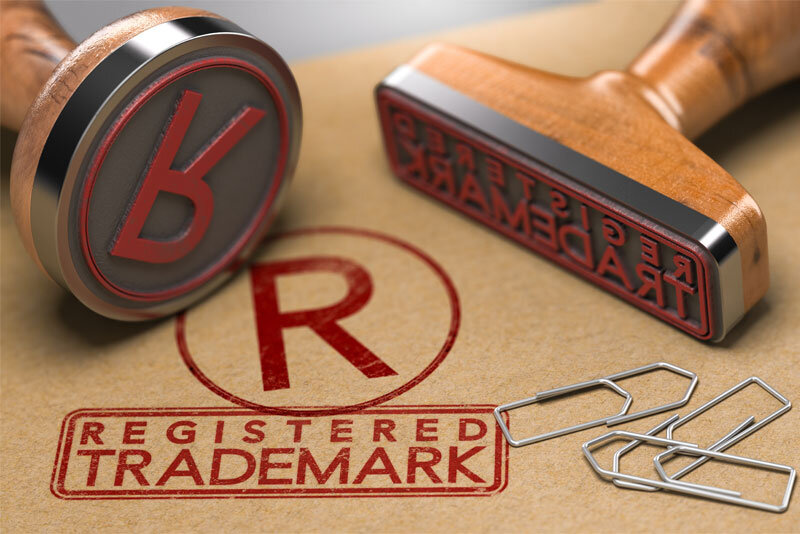If you’ve incorporated your business or formed a limited liability company, you’ve taken critical first steps toward building a successful business. When registering your business, you’ve protected your company name from being used by competitors in the state the entity was formed. However, your business name remains open to the risk of similar companies in other states claiming the name and potentially other brand assets. Fortunately, you can further protect your brand with trademarks.
An Overview of Trademark
A trademark is a word, phrase, symbol, or design (or a combination of them) that identifies and distinguishes the source of goods or services of one party from those of others. Registered trademarks are issued through the U.S. Patent and Trademark Office (USPTO), and they are meant to help guard against counterfeiting and fraud.
Business names, logos, and taglines are examples of critical brand assets that trademarks may protect. Formal registration isn’t necessarily required to give someone rights to a name or other trademarkable asset. Whoever uses a trademark element first gains “common law” rights of the name, logo, slogan, etc., even without formal registration.
With common law trademark rights, a company can add the symbol ™ at the end of its unregistered trademark to indicate it has claimed ownership of a word, phrase, or logo. However, filing for and getting an approved registered trademark (identified by ® after the name) provides proper legal protection, enabling a company to sue other parties that use the mark.
Registering a trademark can also make it easier to recover digital properties. For example, suppose a business registers its name as a trademark with the USPTO and then registers it as a domain name for its website. Then, another company launches a website using a domain name that’s deceptively similar to the trademarked company name. In that case, a court might order the other company to stop using the domain name and pay damages to the trademark owner.
2 Steps to Protect Your Business Name
- Make Sure the Name Is Available in All 50 States – Incorporating or forming an LLC authorizes a business to use its name in its state of incorporation. However, this doesn’t give the company exclusive rights to use the name throughout the United States. To expand its rights federally, a business must file a trademark application. Before filing your trademark it’s wise to do a trademark search to see if the name is available in all 50 states. Realize that it’s possible to infringe on someone else’s mark even if they’ve never formally registered their trademark with the USPTO. A comprehensive nationwide trademark search looks in state and local databases to see if the name is used by others. That type of search detects both registered and unregistered (common law) trademarks and registrations with domain registrars.
- File a Trademark Application – Registering a trademark with the USPTO is a relatively straightforward process. However, it’s important to understand the process because mistakes could mean additional fees and delays in gaining legal protection for a name. Fortunately, business owners can rely on CorpNet to take care of the details and ensure their federal trademark application is completed accurately and filed promptly. The process can take anywhere from six to 12 months. Depending on the filing option chosen, the USPTO fees start at either $250 or $350 per class of goods or services.
Reasons to Register a Trademark
Brand names and trademarks have real value. Businesses can sell them as corporate assets. However, the most impactful reason to pursue trademark registration with the USPTO is to gain significantly stronger protection than “common law” (unregistered) marks provide.
As a personal anecdote, because we registered the name “CorpNet” as a trademark, we found it exponentially easier to recover “CorpNet” on various social media platforms (Twitter, Facebook, and YouTube) where others tried to infringe on our name. In the long run, we saved a lot of money on the legal fees associated with getting injunctions — all because we registered the trademark.





